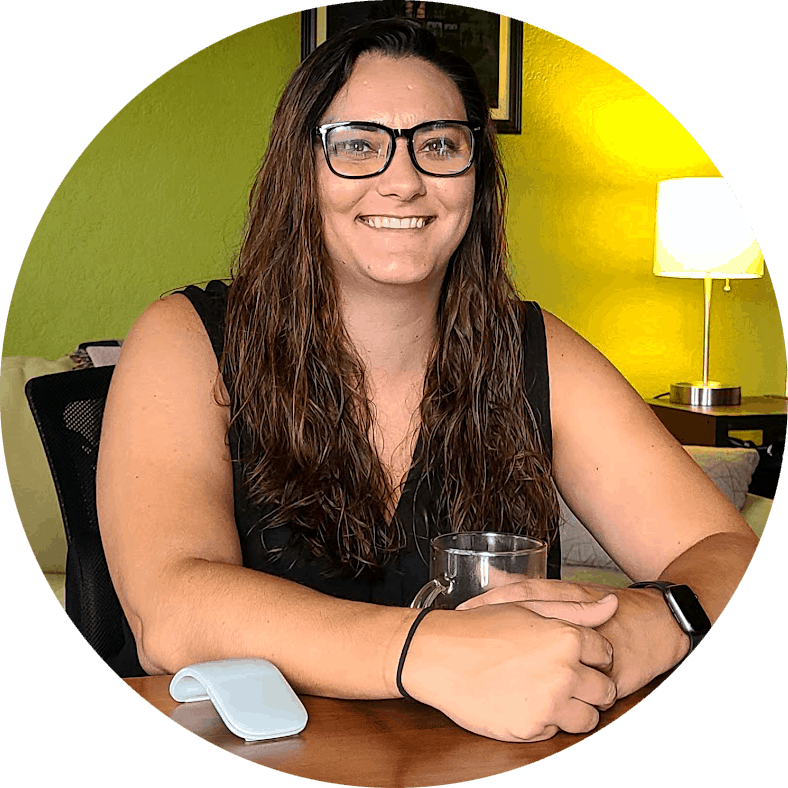CMS Approves ACOs for High Needs Track of the ACO REACH Model
High Needs ACO Track designed to provide services to populations with complex medical conditions
THE VBP Blog

September 22, 2022 – Individuals with complex medical conditions or dual eligibility Medicare and Medicaid beneficiaries will soon have access to enhanced services through a new CMS model.
The Accountable Care Organization Realizing Equity, Access, and Community Health (ACO REACH) Model was announced as a redesign of the Global Professional Direct Contracting Model (GPDC) by the Centers for Medicare and Medicaid Services (CMS) Innovation Center. It will go into effect on January 1, 2023. The new model is intended to promote health equity, continue shifting provider-led organizations to value-based payment models, and protect beneficiaries with more monitoring and transparency.
When looking for ACOs to participate in the new model, CMS specified three types of providers to offer services. Providers applying for the High Needs track are those with experience providing services to those with complex medical conditions, including those with conditions that impair their mobility, cognitive disabilities, or those in the IDD community. This includes beneficiaries with cerebral palsy, muscular dystrophy, those with developmental or inherited conditions or congenital neurological anomalies that impair mobility or neurological condition, among other serious illnesses and conditions. These individuals with complex medical conditions need enhanced care coordination and specialized services, and High Needs track ACOs are in the position to deliver.
In a past VBP blog, we wrote about the new ACO REACH model and how it is intended to improve health care outcomes and health equity. In this blog, on the heels of CMS announcing a list of provisionally accepted applicants for the High Needs providers, we will look at how this can benefit IDD beneficiaries.
What Is the ACO REACH High Needs Track?
There are three ACO contract types under the new ACO REACH model. These are Standard, New Entrant, and High Needs. The Standard track is for ACOs experienced with Medicare shared savings models, while the New Entrant track is for those without Medicare shared savings experience.
The High Needs ACO REACH track is for providers that can serve small populations and that are well-equipped to serve populations with complex medical conditions or dual eligibility Medicare and Medicaid. Participating providers include those offering primary and acute care as well institutional services. Providers that offer community-based long-term services and supports (LTSS) are also eligible for the High Needs track.
The providers provisionally accepted for the High Needs track are providers that have experience serving high-cost, high acuity beneficiaries. They also have prior experience providing a range of Medicaid-covered services and the ability to coordinate services and complex medical care, all under the philosophy of person-centered care.
As we have seen in past blogs, not all providers have the experience and ability to offer these specialized services and those with complex medical conditions often need individualized care plans and enhanced care coordination. High Needs track ACOs have the experience to do this.
How Do High Needs ACOs Help IDD Beneficiaries?
So, how do High Needs Population ACOs help individuals with cognitive disabilities? To answer that question, first, we need to look at the ACO REACH model as a whole.
The overarching goal of the model is to provide beneficiaries access to enhanced benefits and increase the availability of high-quality, coordinated care, along with consumer protection through enhanced monitoring and transparency. The ACO REACH model provides tools and resources to empower doctors and other providers to enhance care coordination and increase the overall quality of care.
Through the new model, patients are given more individualized attention to their specific healthcare needs, which is something that the IDD population requires. ACO REACH also offers benefit enhancements like telehealth and post-discharge home visits that are especially important for the IDD population. This allows them to receive crucial care and services at home where they are most comfortable. Through the whole person care philosophy, ACOs can keep the IDD population in their homes and as active members of the community.
CMS also announced one of the new quality measures for High Needs ACOs only – days at home for patients with complex, chronic patients. Using this as a benchmark is important because those with complex medical conditions are often admitted to care facilities due to a lack of care coordination or a care plan that does not address their specific medical and non-medical needs. Well-coordinated care across health and social sectors is essential for individuals with IDD, a complex population that sees poorer health and higher rates of emergency department use and hospitalization.
IDD Individuals in Pennsylvanians Have Options Under ACO REACH Model
CMS received 271 applications for the ACO REACH model, 57 of which were for the High Needs track. Of the 57 High Needs track applications, CMS approved only 20. While this might seem like a small number, Pennsylvanians are in luck because many of the ACOs operate in Pennsylvania.
Of the 20 ACOs provisionally awarded contracts for the High Needs track, there are 6 ACOs offering services in Pennsylvania, including:
- CommuniCare REACH ACO
- HarmonyCares ACO LLC
- Provider Partners Connect Care, LLC
- Serious Illness Academy Collaborative, LLC
- Serious Illness Academy Collaborative of the Northeast
- Upward Health ACO REACH, LLC
Upward Health is a multi-disciplinary at-home care provider that was provisionally accepted as an ACO REACH provider in Pennsylvania. Upward is a good fit for the High Needs track as they already serve Medicare patients with complex health care needs in both home settings and long-term care settings.
In fact, the High Needs focus is a natural fit for Upward Health. They have been serving high-risk patients for years, including individuals with serious mental illness and intellectual and developmental disabilities.
“Upward Health has provided excellent in-home medical care for our individuals with intellectual and developmental disabilities, preventing unnecessary trips to the hospital,” said Kathee Jordan, Board Member of Upward Health’s ACO REACH. “We look forward to delivering care to more individuals with complex needs and to improving the health of people who are often under-served by traditional medical systems.”
Upward Health sees many benefits in the ACO REACH model, as do other High Needs ACOs. With the addition of telehealth and care management home visits, there is a tremendous opportunity to offer home-based care to underserved patients, who often need it the most.
The risk-sharing value-based payment structure also provides ACOs more freedom to offer above and beyond services without worrying about a Medicare fee schedule.
“[A Medicare fee schedule] honestly makes it impossible to care for the neediest 5%,” Upward Health CEO Glen Moller said. “It’s great for the 95%, but it doesn’t really work for these high-need individuals.”
Moller also stressed that they choose the High Needs population for a reason, stressing that, “We as a society have not figured an efficient way to take care of them, and that’s what we’re working on.”
What is also unique about Upward Health is that they offer integrated care plans that include physical medicine, behavioral health, addiction treatment, and social determinants of health (SDoH) services. It is this integration and coordination of care that the IDD population needs to remain at home and as active members of the community.
While Upward Health is in a prime position to provide care to the IDD population and underserved patients in Pennsylvania, there are plenty of other great options to choose from as well. While the ACOs listed above have been provisionally accepted and are participating in an implementation period that runs until December 31, 2022, to prepare for the 2023 performance year, they will need to submit the required paperwork and opt-in by the end of 2022 to officially become participants.
Advocates Perspective
It is promising to see CMS carve out specific ACOs for the High Needs population. This is typically an underserved population that does not receive the individualized care and services they need because they are a high-cost population. Through the ACO REACH model, CMS seeks to change that by selecting ACOs that are experienced and able to provide the services this population needs to keep them at home and in the community. As advocates first, we are encouraged to see this and will keep an eye on how ACOs are performing in benchmarking through the 2023 Performance Year.
Onward!
Share This Blog!
Get even more insights on Linkedin & Twitter

About the Author
Fady Sahhar brings over 30 years of senior management experience working with major multinational companies including Sara Lee, Mobil Oil, Tenneco Packaging, Pactiv, Progressive Insurance, Transitions Optical, PPG Industries and Essilor (France).
His corporate responsibilities included new product development, strategic planning, marketing management, and global sales. He has developed a number of global communications networks, launched products in over 45 countries, and managed a number of branded patented products.

About the Co-Author
Mandy Sahhar provides experience in digital marketing, event management, and business development. Her background has allowed her to get in on the ground floor of marketing efforts including website design, content marketing, and trade show planning. Through her modern approach, she focuses on bringing businesses into the new digital age of marketing through unique approaches and focused content creation. With a passion for communications, she can bring a fresh perspective to an ever-changing industry. Mandy has an MBA with a marketing concentration from Canisius College.